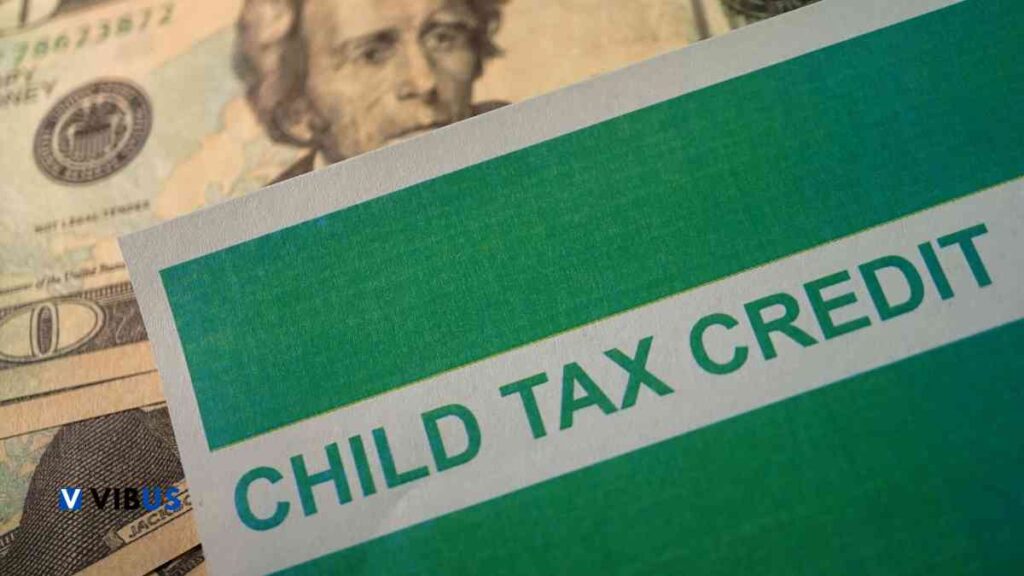In his effort to strengthen his image as a family advocate, Vance has proposed a generous $5,000 child tax credit. During an interview on CBS’ “Face the Nation,” Vance highlighted the importance of this measure and its potential impact on the economy and American families.
“I’d love to see a child tax credit that’s $5,000 per child. But you, of course, have to work with Congress to see how possible and viable that is,” Vance told host Margaret Brennan.
Implications of a $5,000 child tax credit
Vance is working to position the Republican Party as the political group that offers the most support to families. With the economy being the main concern for most voters heading into the upcoming general elections, the child tax credit remains a crucial issue in legislative debates in Washington.
During the coronavirus pandemic, Congress increased the child tax credit to an annual amount of between $3,000 and $3,600, depending on the child’s age. However, this provision expired at the end of 2021 due to the lack of consensus among Republican legislators to maintain it.
Bipartisan support and obstacles in the Senate
There is bipartisan support in the House of Representatives for expanding the child tax credit. However, the Senate, with its slim Democratic majority of 51 seats and the need for 60 votes to overcome a filibuster, has been a barrier to any significant progress on this issue.
In early August, the Senate voted 48-44 on the measure to expand the child tax credit, resulting in a failure to advance. It is important to note that Vance did not participate in that vote.
During his appearance on CBS, the Ohio senator described Senate Majority Leader Chuck Schumer’s legislative maneuver as a “show vote,” arguing that it simply did not have enough support to pass regardless of his presence.
Impact on upcoming elections
Vance’s absence from the vote will likely be used by Democrats to highlight the issue ahead of the elections. The Democratic Party aims to maintain the White House, keep the Senate, and regain the House of Representatives, and the child tax credit could become a central issue in their campaign.
For many families, a $5,000 child tax credit would represent significant financial support. Such measures can help cover essential expenses like food, housing, and healthcare, providing crucial economic relief during uncertain times.
An increase in the child tax credit could also have a positive impact on the economy. With more money at their disposal, families can increase their consumption, which in turn would benefit local businesses and stimulate economic growth.
However, implementing a tax credit of this magnitude is not without challenges. Legislators must consider the fiscal cost of such a measure and find a balance between providing financial support to families and maintaining fiscal sustainability.
The debate over the child tax credit continues to be a central issue in Washington. While Vance and other advocates of this measure work to build consensus, the outcome will depend on Congress’s ability to negotiate and approve a solution that benefits families without compromising long-term economic stability.
The importance of citizen participation
It is essential for citizens to stay informed and participate in the democratic process. The decisions made in Congress will have a direct impact on the lives of millions of families, and the voice of voters is crucial in guiding their representatives toward policies that reflect the needs and priorities of the population.
In summary, Vance’s proposal for a $5,000 child tax credit has reignited the debate on financial support for families. Although it faces significant legislative challenges, this measure could offer crucial economic relief for many families and stimulate the overall economy. Attention will focus on how this debate unfolds in Congress and its impact on the upcoming elections.
